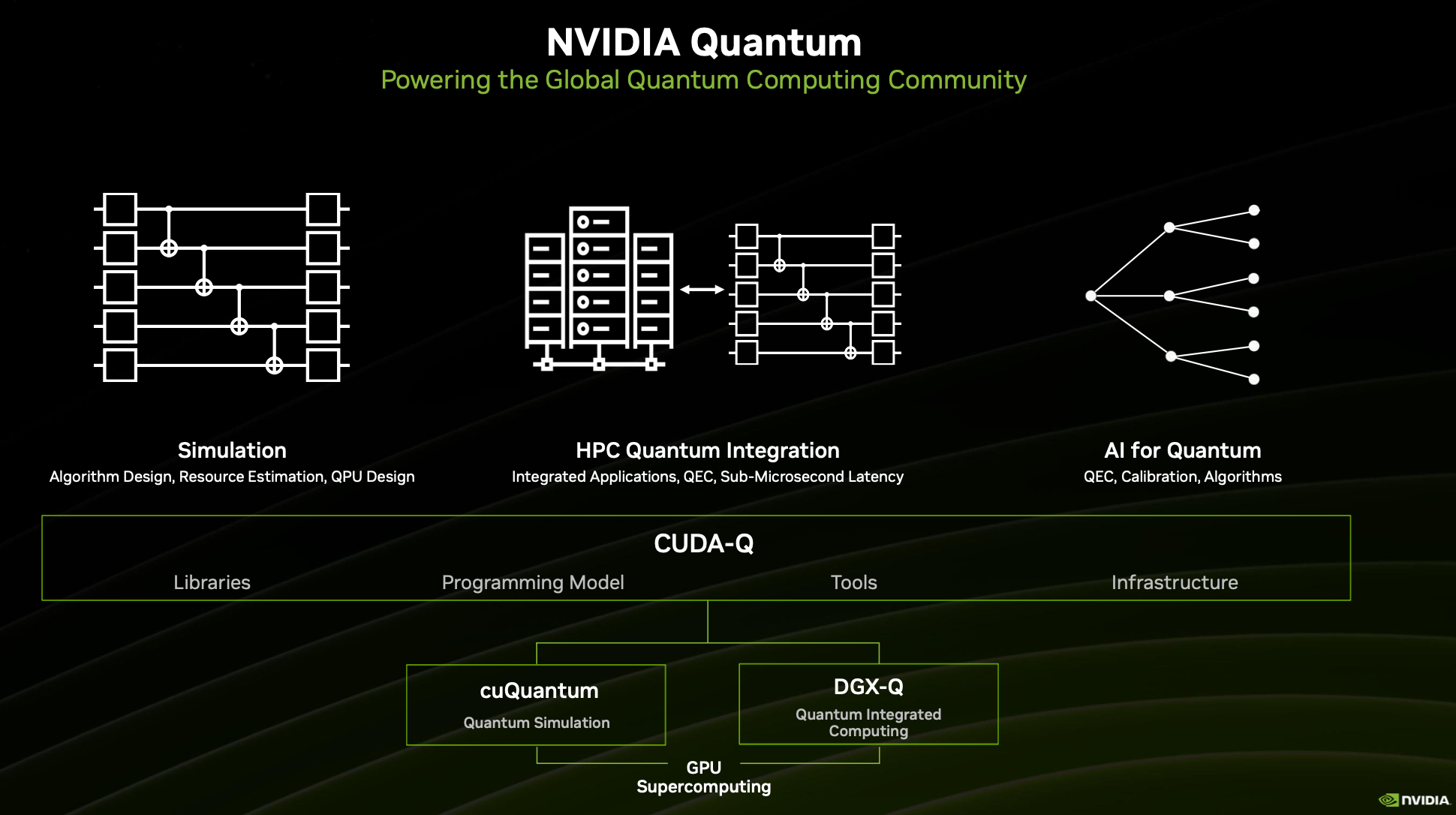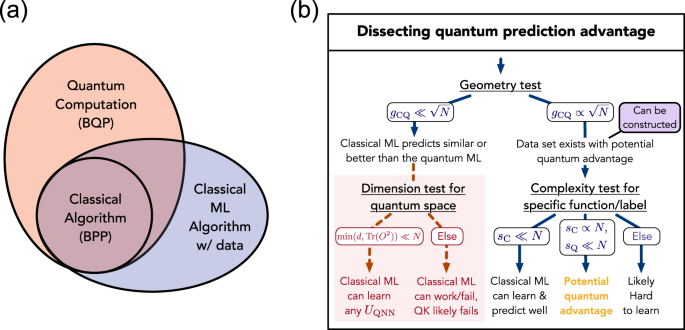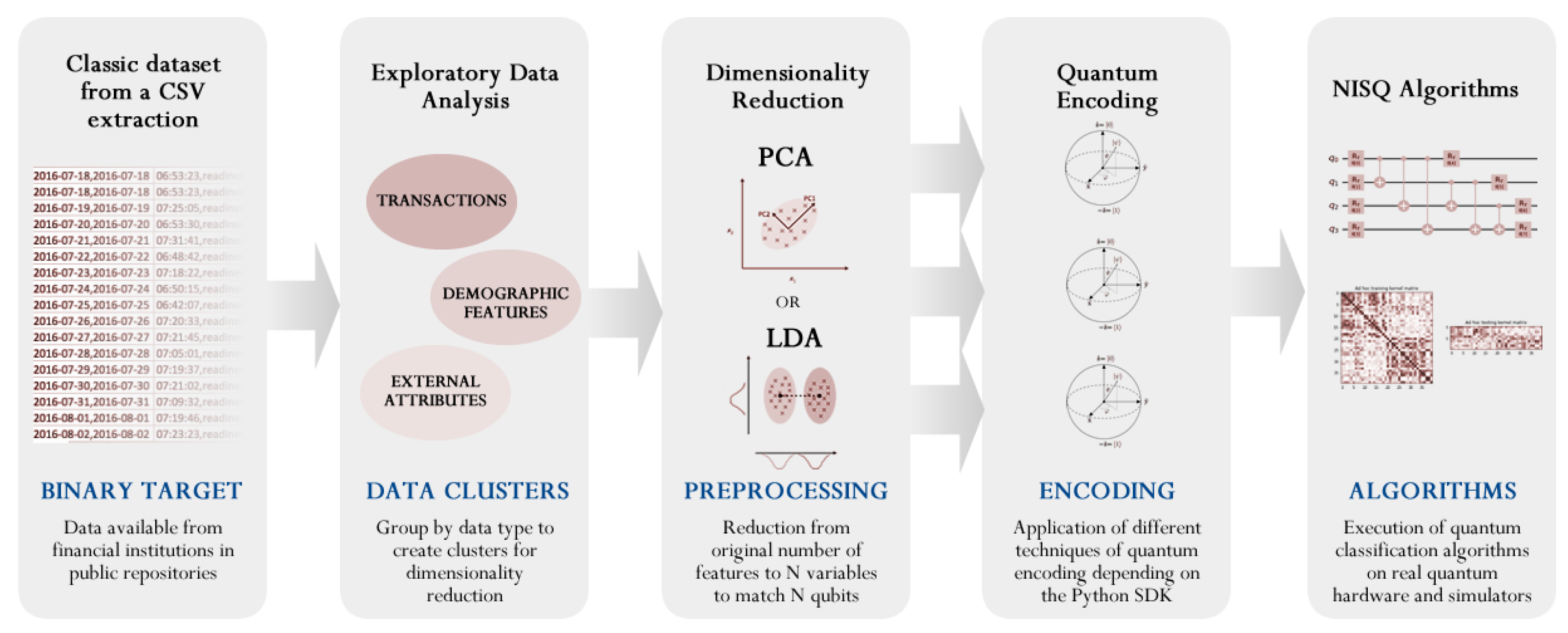Quantum Machine Learning: An Overview - Open Source For You
Quantum machine learning (QML) combines the principles of quantum computing with machine learning algorithms to create models that can process and analyze large datasets more efficiently than classical computers. The inherent parallelism and entanglement properties of quantum computing enable it to perform complex computations at unprecedented speeds. This capability is particularly beneficial in the context of machine learning, where large scale data processing and model training are often bottlenecks.
In recent years, advances in quantum computing have made QML a practical reality. Companies like IBM, Google, and Microsoft have developed quantum processors and platforms that are accessible to researchers and developers. These platforms provide the necessary tools to design, test, and deploy quantum algorithms for various applications, including AI models. The momentum behind QML is driven by its potential to solve problems that are currently intractable for classical computers, such as optimizing large datasets, enhancing pattern recognition, and improving predictive models.

Key Components of Quantum Machine Learning
Quantum processing unit (QPU): The core of the quantum machine learning system is the QPU, which performs the quantum computations. Companies like IBM and D-Wave offer cloud-based access to their QPUs, allowing developers to run quantum algorithms without needing their own quantum hardware.
Classical computing resources: In addition to the QPU, classical computing resources are essential for pre-processing data, managing quantum circuits, and post-processing the results. High-performance classical computers often work in tandem with QPUs to handle these tasks efficiently.

Hybrid algorithms: Quantum machine learning often employs hybrid algorithms that combine quantum and classical techniques. For example, the Variational Quantum Eigensolver (VQE) and Quantum Approximate Optimization Algorithm (QAOA) use quantum circuits to perform specific parts of the computation, while classical algorithms optimize the overall process.
Data management: Efficient data management systems are crucial for handling the large volumes of data typically involved in machine learning tasks. These systems must support the seamless transfer of data between classical and quantum systems.
Development environment: A robust development environment, such as IBM’s Qiskit or Google’s Cirq, provides the necessary tools and libraries for developing and testing quantum algorithms. These environments often include simulators, debuggers, and visualization tools to aid developers in their work.
Best Practices for Implementing Quantum Algorithms in AI Models
Start with a strong classical foundation: Before diving into quantum machine learning, it is essential to have a solid understanding of classical machine learning techniques. This knowledge provides a baseline for evaluating the improvements offered by quantum algorithms.
Leverage existing quantum libraries and frameworks: Utilize well-established quantum libraries and frameworks, such as Qiskit, Cirq, and TensorFlow Quantum. These tools provide pre-built functions and templates that streamline the development process.
Optimize quantum circuits: Quantum algorithms are sensitive to the depth and complexity of quantum circuits. Optimize quantum circuits to minimize the number of gates and reduce error rates. Techniques such as circuit recompilation and error correction can significantly enhance the performance of quantum algorithms.

Hybrid approaches: Given the current limitations of quantum hardware, hybrid approaches that combine quantum and classical methods are often the most practical. For instance, use classical pre-processing to reduce the dataset size before applying quantum algorithms.
Focus on noise mitigation: Quantum systems are susceptible to noise, which can affect the accuracy of computations. Implement noise mitigation strategies, such as error-correcting codes and hardware calibration, to improve the reliability of quantum algorithms.
Iterative development and testing: Quantum algorithms should be developed and tested iteratively. Start with small-scale simulations and gradually scale up to more complex problems as the algorithms are refined and improved.
Performance benchmarking: Regularly benchmark the performance of quantum algorithms against classical counterparts to assess their effectiveness. This practice helps identify areas where quantum approaches offer significant advantages.
Practical Use Cases of Quantum Algorithms in AI
Fraud detection/anomaly detection: In the financial sector, quantum algorithms can enhance fraud detection systems by analyzing large transaction datasets to identify suspicious patterns.
Drug discovery: In the pharmaceutical industry, quantum machine learning can accelerate drug discovery processes by simulating molecular interactions and optimizing compound structures.
Supply chain optimization: Quantum algorithms can optimize complex supply chain networks by solving problems related to logistics, inventory management, and demand forecasting.
Image and speech recognition: Quantum machine learning can enhance image and speech recognition systems by improving the accuracy and speed of pattern recognition algorithms.
PennyLane is an open source software framework developed by Xanadu that focuses on quantum machine learning, quantum computing, and quantum chemistry. It is designed to integrate seamlessly with existing machine learning libraries such as TensorFlow and PyTorch, allowing users to create and train quantum machine learning models using familiar tools.
Website: https://pennylane.ai/
Popular Quantum Computing Libraries and Frameworks
Qiskit - An open source quantum computing framework developed by IBM.
Website: https://www.ibm.com/quantum/qiskit
TensorFlow Quantum - A quantum machine learning library developed by Google in collaboration with the University of Waterloo and Volkswagen.
Website: https://www.tensorflow.org/quantum
Cirq - An open source quantum programming library developed by Google.
Website: https://quantumai.google/cirq
PyQuil - A quantum programming library developed by Rigetti Computing.
Website: https://github.com/rigetti/pyquil
Hybrid Quantum-Classical Approaches in Quantum Machine Learning
Quantum feature mapping: Quantum computers are used to transform classical data into a higher-dimensional quantum space, making it easier to classify or analyze using classical algorithms.
Quantum kernel estimation: Quantum computers calculate kernel functions to measure the similarity between data points in a quantum-enhanced feature space, used in classical machine learning models like support vector machines.
Variational quantum circuits (VQCs): Quantum circuits with adjustable parameters are optimized using classical algorithms to perform specific tasks, similar to training neural networks.
Quantum neural networks (QNNs): These combine quantum circuits with neural network architectures to potentially outperform classical neural networks on certain tasks.
Quantum-classical hybrid algorithms: These algorithms interleave quantum and classical computations to handle parts of the problem they are best suited for.










